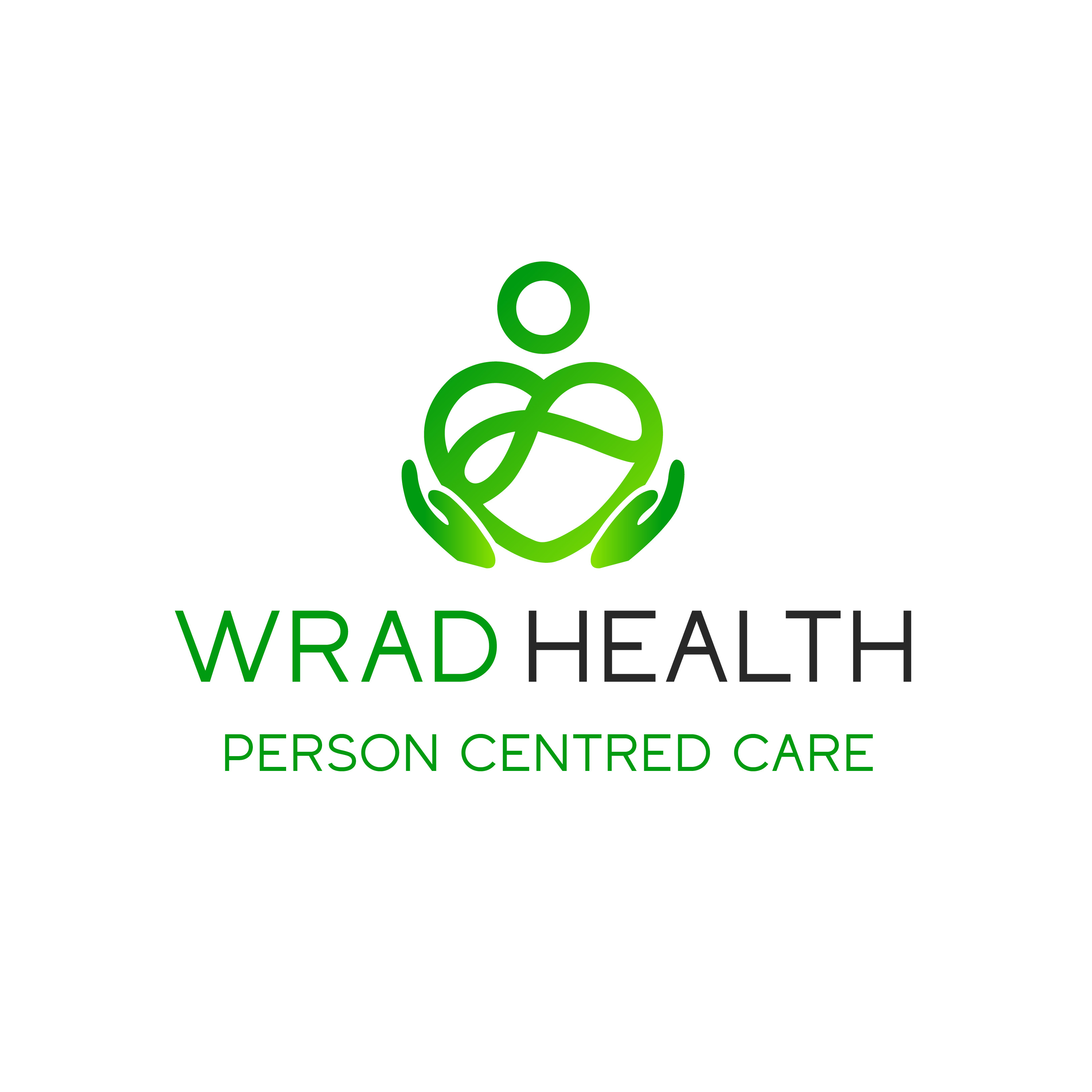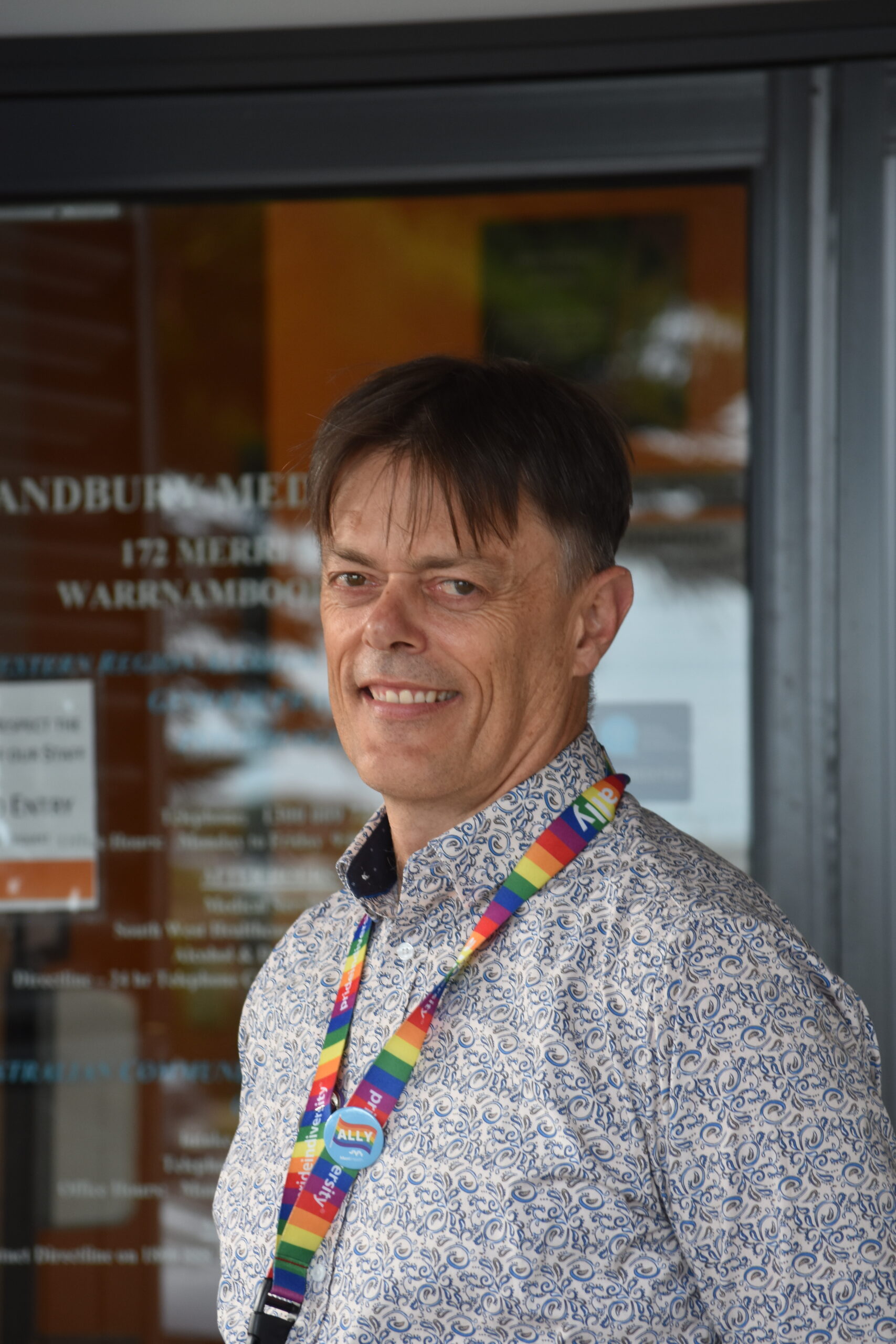

February 5, 2024
News

WRAD Health is concerned that parents need more information on alcohol in response to the Australia Drug Foundation’s new report http://tinyurl.com/mu9demcj
Alcohol is the number one primary substance use issue for people in south-west Victoria and has remained so year-on-year.
WRAD Health CEO Mark Powell said alcohol was an embedded part of our culture so parents and care givers need to be armed with the right information.
The report found nearly two-thirds (65%) of Australian high school students in 2022/23 reported having ever consumed alcohol, including a few sips. Overall, 44% had consumed an alcoholic drink in the past year, 22% had drank in the past month, and around one-in-10 (11%) said they had consumed alcohol in the past week.
Of the 11% who drank in the past week (classified as ‘current drinkers’):
WRAD Health, along with a number of other key agencies, has embarked on a campaign to educate the community on the NHMRC guidelines for alcohol consumption; no more than 10 standard drinks a week and no more than 4 standard drinks in any one occasion as a safer level of consumption.
Mr Powell said he was very concerned at the figure of 11% of young people drinking weekly. “That is a figure that requires much further understanding as there may be many reasons for such regular use that we know is high risk for a number of adverse outcomes,” he said.
Any parents who are concerned around having the conversation feel free to contact WRAD Health for more information or if you want to know more about the programs that WRAD Health offers can call 55 645 777 or email wrad@wrad.org.au or visit www.wrad.org.au
Some tips for families;
Talking to teenagers about alcohol is an important and potentially challenging conversation. Here are some tips to help parents approach this topic:
Choose the right time. Don’t do this when the have just come home after drinking session or have all their mates around putting pressure on them. Choose a time when everyone is calm and not in the midst of other activities or distractions.
Be Open and Approachable: Approach the conversation with a non-judgmental and open attitude. Make it clear that you are there to listen and understand their perspective and that this is not going to be a “lecture”. Use “I” statements to express your feelings and concerns, rather than sounding accusatory.
Share Information: Provide factual information about the risks and consequences of alcohol use, including both short-term and long-term effects. Use the NHMRC guidelines as a talking point such what you do you know about standard drinks? What do you think about only having 4 standard drinks on any one occasion? Share any personal experiences or stories that might emphasize the importance of responsible drinking.
Set clear expectations: Clearly communicate your expectations regarding alcohol use, especially if your teenager is approaching the legal drinking age. Emphasize the importance of responsible and moderate drinking, if they choose to drink at all.
Discuss Peer Pressure Address the issue of peer pressure and discuss strategies for resisting it. Encourage them to make decisions based on their own values and beliefs.
Talk about boundaries and safety: Discuss the importance of setting and respecting personal boundaries, as well as looking out for the safety of themselves and their friends when in situations involving alcohol.
Encourage open conversations; Let your teenager know that they can come to you with questions or concerns about alcohol at any time. Encourage open and honest communication.
Be a good role model Demonstrate responsible drinking behaviour yourself, as teenagers often learn from the examples set by their parents. If you don’t drink, explain your reasons for abstaining, reinforcing the idea that it’s a personal choice.
Discuss Legal consequences Make sure your teenager understands the legal consequences of underage drinking. This may include legal trouble, potential fines, and the impact on their future opportunities.
Reinforce positive behaviour: I think this one is most important to notice and acknowledge the positive choices and behaviours our young people do as they will be more likely to repeat them. Positive reinforcement can be a powerful motivator.
WRAD HEALTH’s vision is to advance the health and wellbeing of those in the South Western Region of Victoria affected by Addictive behaviours and to promote optimal enjoyment of life.
WRAD HEALTH seeks to provide comprehensive, holistic support and treatment to individuals and others affected by addictive behaviors and associated issues.
The philosophy of harm minimisation underpins the delivery of all programs offered by WRAD HEALTH. This principle recognises that people in our society use both licit and illicit drugs, and that drugs can be used in ways that are more or less harmful to individuals, families and society. Harm minimisation offers a number of options designed to reduce the harm of drug use to the user and society.
Emergency call 000
For medical issues call South West Healthcare 55 631666
For mental health issues call SWH emergency dep't 55 631 666 or 1800 808 284
For drug and alcohol issues call Directline 1800 888 236
For Lifeline call 13 11 14
Or click on the links below for help.